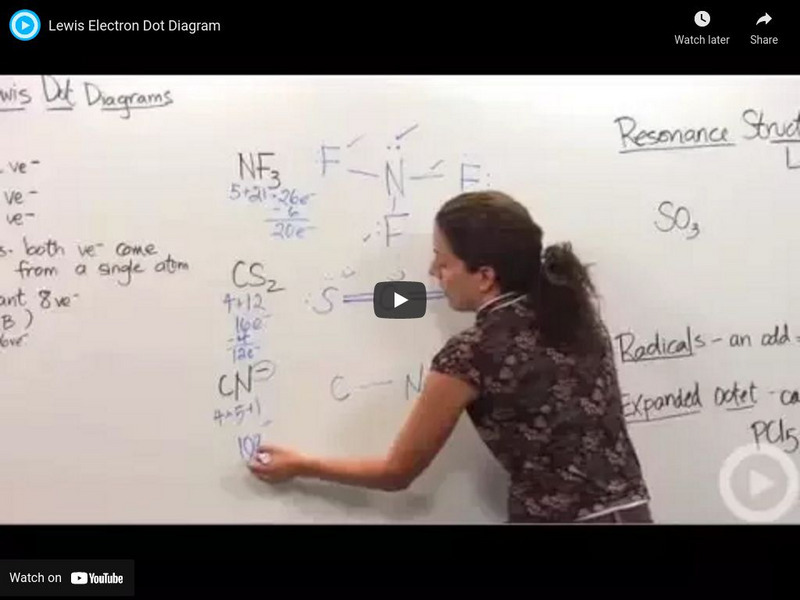Hi, what do you want to do?
Crash Course
Conjugation & UV-Vis Spectroscopy: Crash Course Organic Chemistry
Carrots get their orange-y color from, you guessed it, an organic chemical. This chemical, called beta carotene, gets its pigment from its conjugated electron system. We’ve talked some already about conjugation, but in this episode of...
Crash Course
Intro to Reaction Mechanisms - Crash Course Organic Chemistry
When we venture to new places, we need navigational tools to guide us. In organic chemistry, those are reaction mechanisms! In this episode of Crash Course Organic Chemistry, we’ll learn all about how to write reaction mechanisms. Having...
Crash Course
Polarity Resonance and Electron Pushing - Crash Course Organic Chemistry
We’ve all heard the phrase “opposites attract.” It may or may not be true for people, but it’s definitely true in organic chemistry. In this episode of Crash Course Organic Chemistry, we’re learning about electronegativity, polarity,...
Crash Course
An Overview of Aldehydes and Ketones: Crash Course Organic Chemistry
Ketones and aldehydes are all around and inside us, from the strong smelling component of nail polish remover, acetone, to hormones in our bodies, to drug treatments for allergies, COVID-19, and even cancer! We’ve already learned a bit...
Professor Dave Explains
Addition on Conjugated Polyunsaturated Systems
Looking at how addition reactions occur on conjugated polyunsaturated systems.
Professor Dave Explains
Beckmann Rearrangement
Have you ever had a ketone and wished you had an amide instead? Not to worry! The Beckmann rearrangement is the solution to your problems. Check out this nifty reaction where we get an oxime and then get an alkyl group to migrate. We can...
Catalyst University
Photosystem II and the Cytochrome b6f Complex Photosynthesis (Part 4)
Photosystem II and the Cytochrome b6f Complex Photosynthesis (Part 4)
Physics Girl
Singing plates - Standing Waves on Chladni plates
Use physics to create cool patterns on a vibrating plate. How is this like a guitar string or a singing wine glass?
Professor Dave Explains
Aromaticity and Huckel's Rule
What is it for a molecule to be aromatic? Where was this term derived and what properties does it bestow upon a molecule?
Professor Dave Explains
Electrophilic Aromatic Substitution
Introducing electrophilic aromatic substitution.
Professor Dave Explains
Resonance Structures/Assigning Formal Charge
Looking at resonance structures for organic molecules and learning how to determine formal charge.
Professor Dave Explains
Nucleophilic Aromatic Substitution
An introduction to nucleophilic aromatic substitution.
Brightstorm
Lewis Electron Dot Diagram
A video tutorial on how to draw Lewis Electron Dot Diagrams. [8:37]






